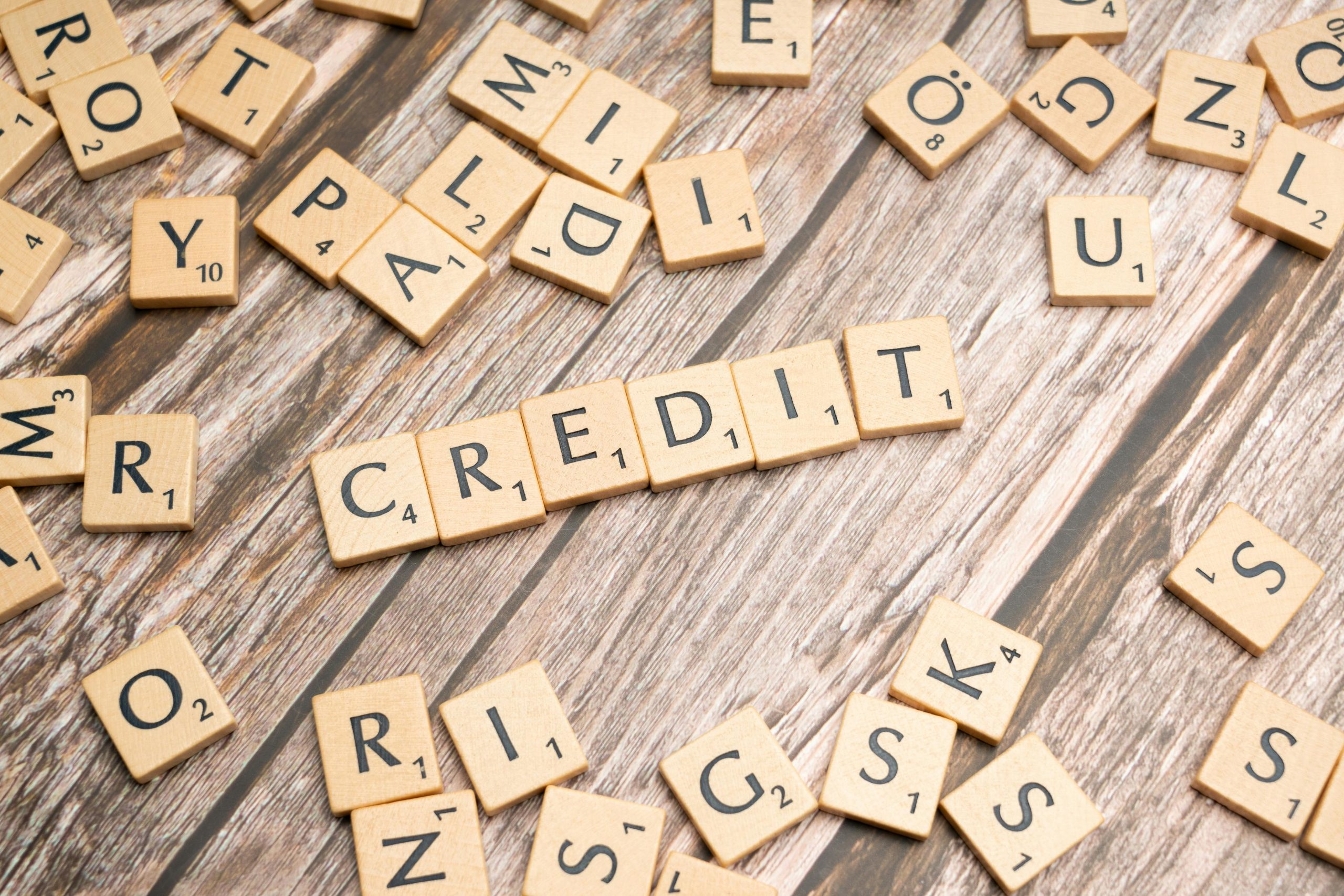Will opening a new store credit card hurt your three-digit FICO credit score? Will closing that credit card account that you haven’t used in 10 years cause your score to drop? Will applying for a home equity loan cause your score to tumble? You may not need to be as worried as you are! Learn how credit scores work.
Why your credit score matters
Lenders study your three-digit FICO credit score whenever you apply for a new credit card or loan. The higher your score, the more likely you are to qualify for a mortgage, an auto loan or a credit card with a lower interest rate. If your score is too low, you might struggle to qualify for new credit or loans at all.
Most lenders consider FICO scores of 740 or higher to be very good and those of 800 or higher to be excellent. If your score is in those ranges, you’ll likely qualify for loans and credit with lower interest rates.
But how do you build a score in those ranges?
What makes up your credit score
FICO says that your credit score is made up of several factors, including your record of on-time payments, the amount of available credit you are using, the age of your credit accounts, the diversity of your credit accounts and your new credit.
This means that whenever you take out a new credit card or close an existing account, your credit score can take a small hit. This hit makes many people nervous; they worry that every financial move they make will have a negative impact on their credit score.
The truth is that while such decisions as applying for a new personal loan will impact your credit score, there are two factors that have an outsize influence on your score: your record of on-time payments and the amount of available credit you are using.
These two factors account for 35% and 30% of your credit score, respectively, or 65% combined.
This means that if you pay the bills that are reported to the three national credit bureaus on time each month — bills including your mortgage, student, auto and personal loan payments and your minimum monthly credit card payment — your credit score will steadily rise.
It also means that if you pay down as much of your credit card and other debts as you can, your score will tick upward.
Yes, other factors do matter. But paying your bills on time each month and reducing your credit card debt are the two steps that will most boost your credit score. If you take these steps, you won’t have to fret quite as much about your smaller financial decisions and their impact on your credit score.


 Facebook
Facebook
 X
X
 Pinterest
Pinterest
 Copy Link
Copy Link
